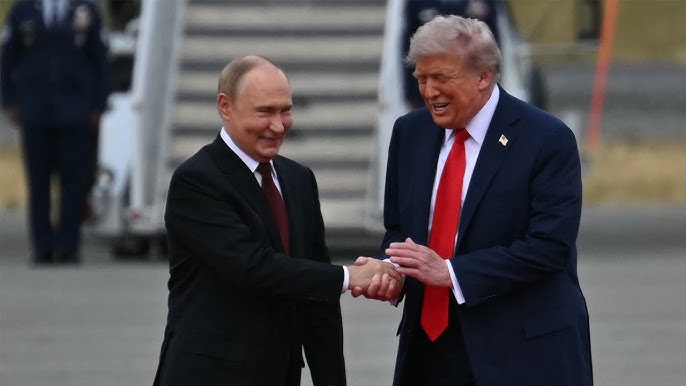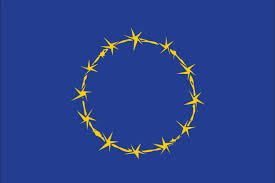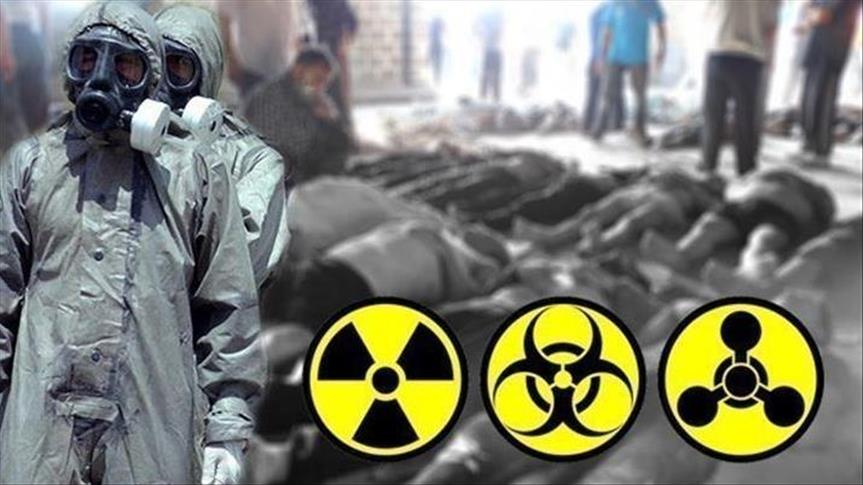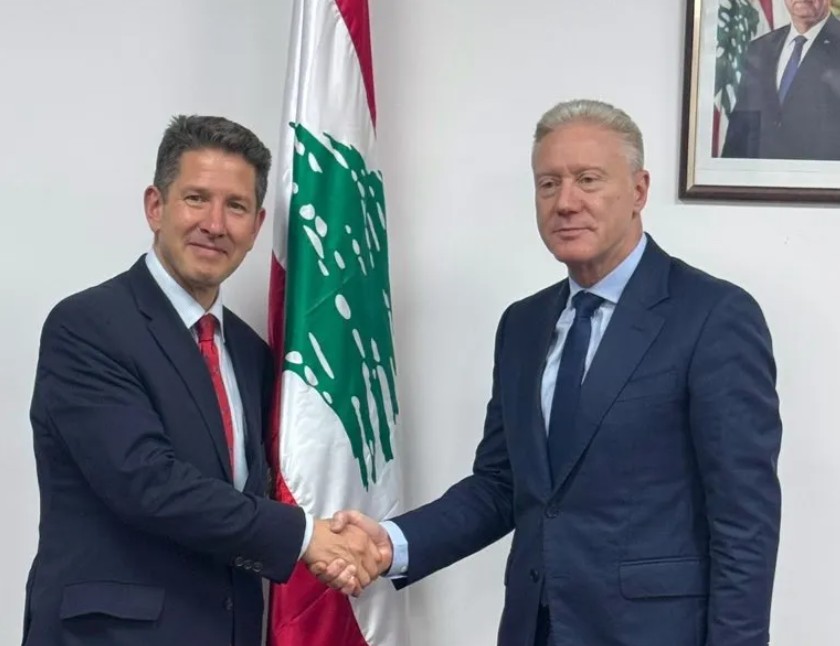"Sykes-Picot divided Syria and the broader region for imperial gain," says US Ambassador, vowing end to Western interventionism

Tom Barrack, US ambassador to Türkiye and special envoy to Syria, on Sunday slammed the 1916 Sykes-Picot Agreement that carved up the Middle East for "imperial gain-not peace." The division of Syria was a historic mistake, he emphasized, stressing a that the fall of the Assad regime in Syria would open the door for prosperity and security.
“A century ago, the West imposed maps, mandates, penciled borders, and foreign rule. Sykes-Picot divided Syria and the broader region for imperial gain—not peace,” Ambassador Barrack wrote. “That mistake cost generations. We will not make it again. The era of Western interference is over. The future belongs to regional solutions, to partnerships, and to diplomacy grounded in respect.”
This candid acknowledgment from a senior U.S. diplomat underscores the Trump administration’s departure from traditional Western interventionist policies in the Middle East. Barrack's statement came shortly after his meeting with Syria's interim President Ahmed al-Sharaa in Istanbul the previous day.
Of course, it’s probable that Washington’s uncharacteristic burst of historical humility owes more to realpolitik than to a newfound moral compass. As part of a broader shift under President Trump’s isolationist foreign policy, Barrack's rhetoric reflects a calculated desire to pull back from endless entanglements, rather than any noble embrace of Arab freedom and human rights. Trump's recent regional tour, notably skipping Israel while announcing the lifting of sanctions on Syria, reinforced the impression that the U.S. aims to ditch its involvement in conflicts in favor of wholly transactional relationships. But here, motivation is beside the point. If American disengagement finally aligns with regional aspirations for sovereignty and self-determination, it's all good..
We should also note that the statement, delivered amid the rubble of shifting alliances and burnt-out orthodoxies, contains a not-so-subtle rebuke of the usual suspects—including Israel. While Barrack didn’t name names or directly reference the ongoing devastation in Gaza, his emphasis on "regional solutions," "partnerships," and "diplomacy grounded in respect" can be read as a quiet rejection of militarism and occupation as default tools of statecraft. It was a recognition that the old playbook of endless war, destabilization, and zero-sum calculations can no longer being sold as a ‘necessary evil’. It's being called out for what it is.
But the real revolution isn’t just rhetorical. It is the direct result of the Syrian revolution itself—a revolution that began in 2011 and, after 13 terrible years, against every imaginable obstacle, culminated in the overthrow of Bashar al-Assad in December 2024. Syrian revolutionaries didn’t only remove a dictatorship; they fundamentally altered the geopolitical environment of the region.
Perhaps most remarkably, Syrians proved that, even against a tyrant’s massive military, financial, and media backing from regional and global authoritarians (some of them now creeping round Damascus for business) — the people’s longing for freedom was stronger. The lesson they’ve offered the world is clear: no amount of outside support can prop up tyranny forever when a population decides it has had enough.
Even the U.S. seems to be catching on. The success of the Syrian revolution has forced a rethink in Washington. Barrack’s statement, and the wider signals coming from the Trump administration—from the lifting of sanctions on Syria to the conspicuous exclusion of Israel on his regional tour—are not merely policy tweaks. They are acknowledgments that the old logic has failed.
The era of imperial borders and tyrant-kings is not over. But it's wobbling. And it turns out, the tremor came not from the tanks of a superpower, but from the voices of ordinary Syrians calling out for freedom.
Photo: US Embassy photo showing Syrian President al-Sharaa meeting with US Ambassador Tom Barrack in Istanbul, Saturday May 24, 2025










